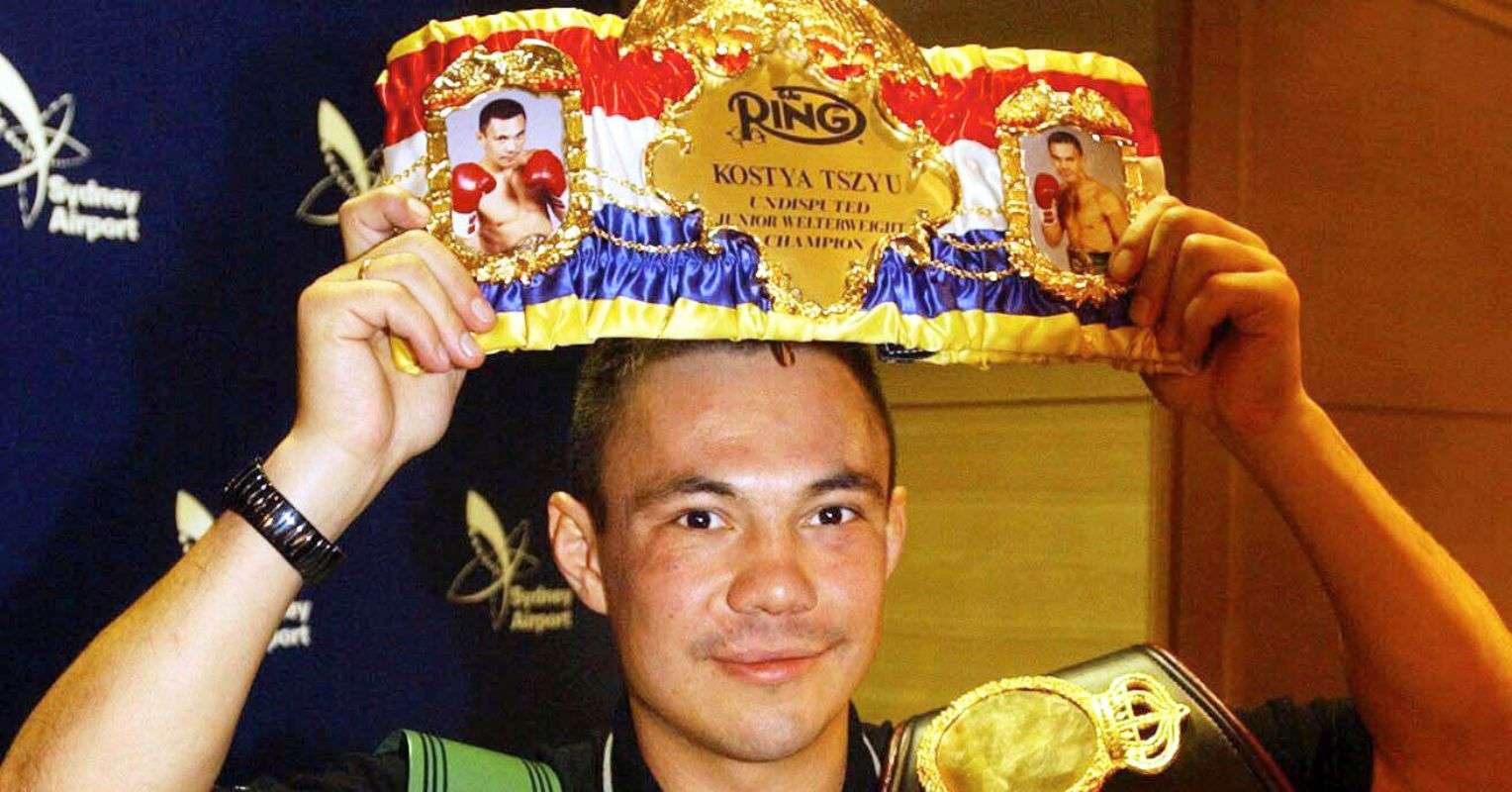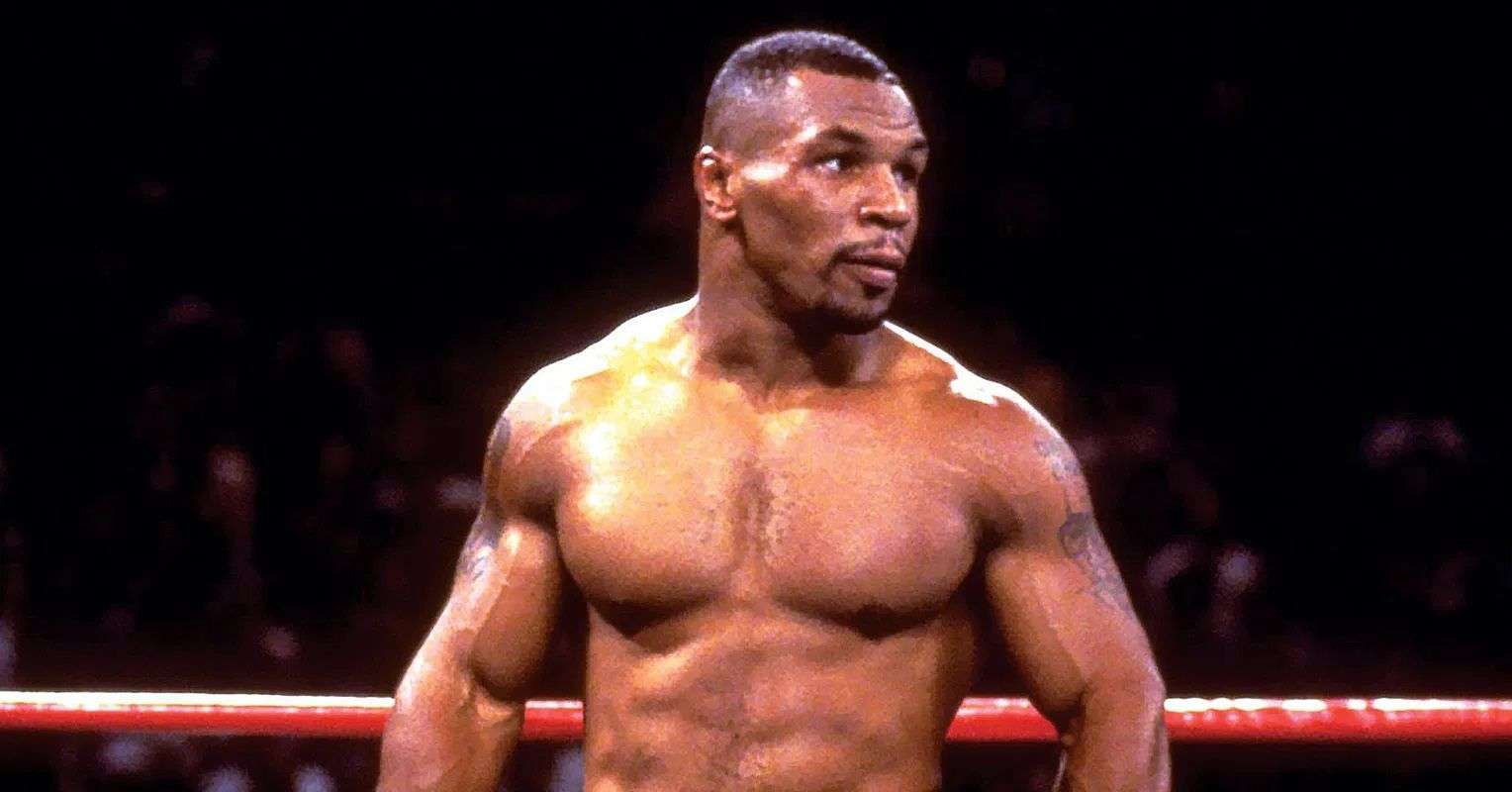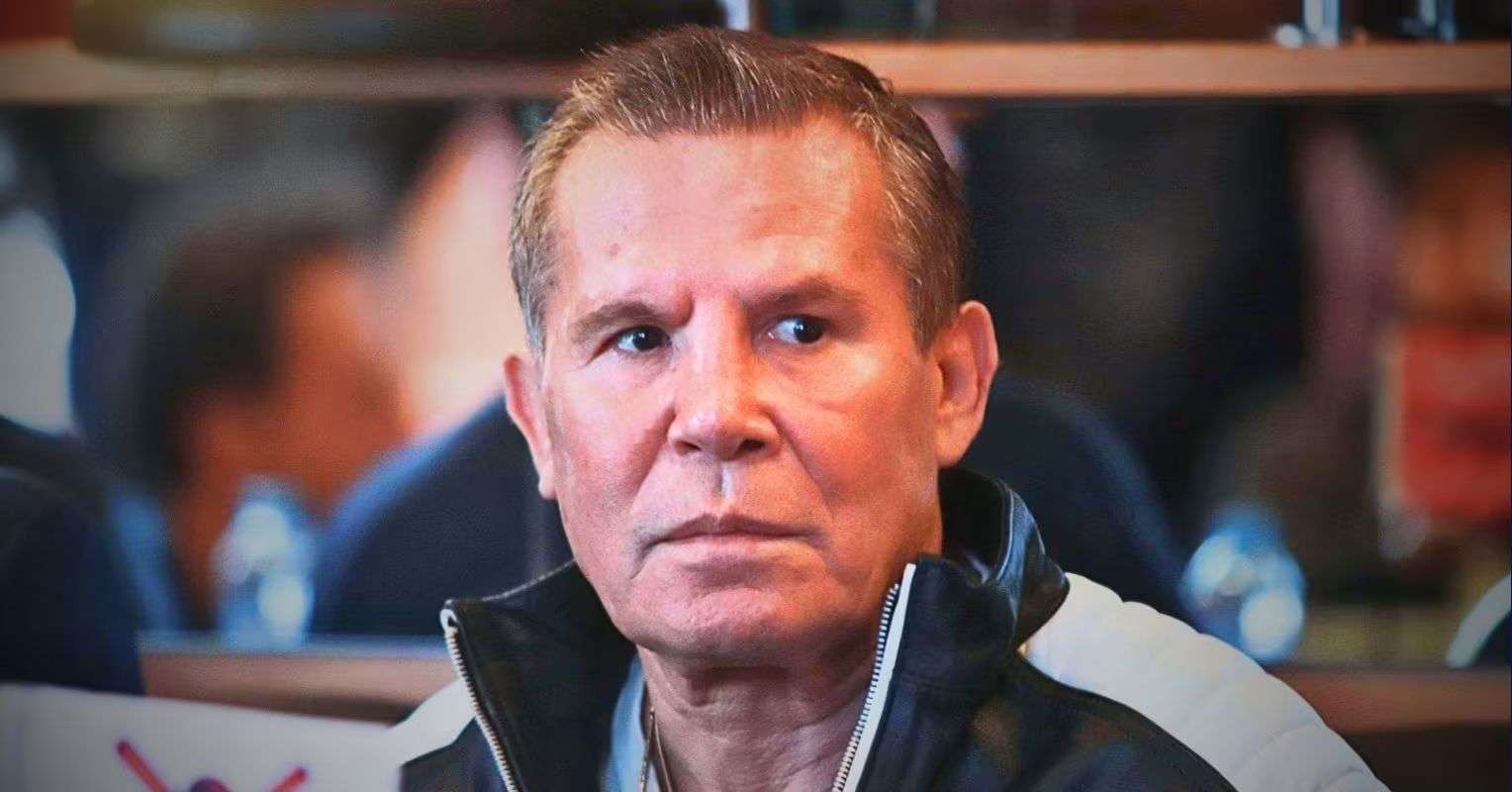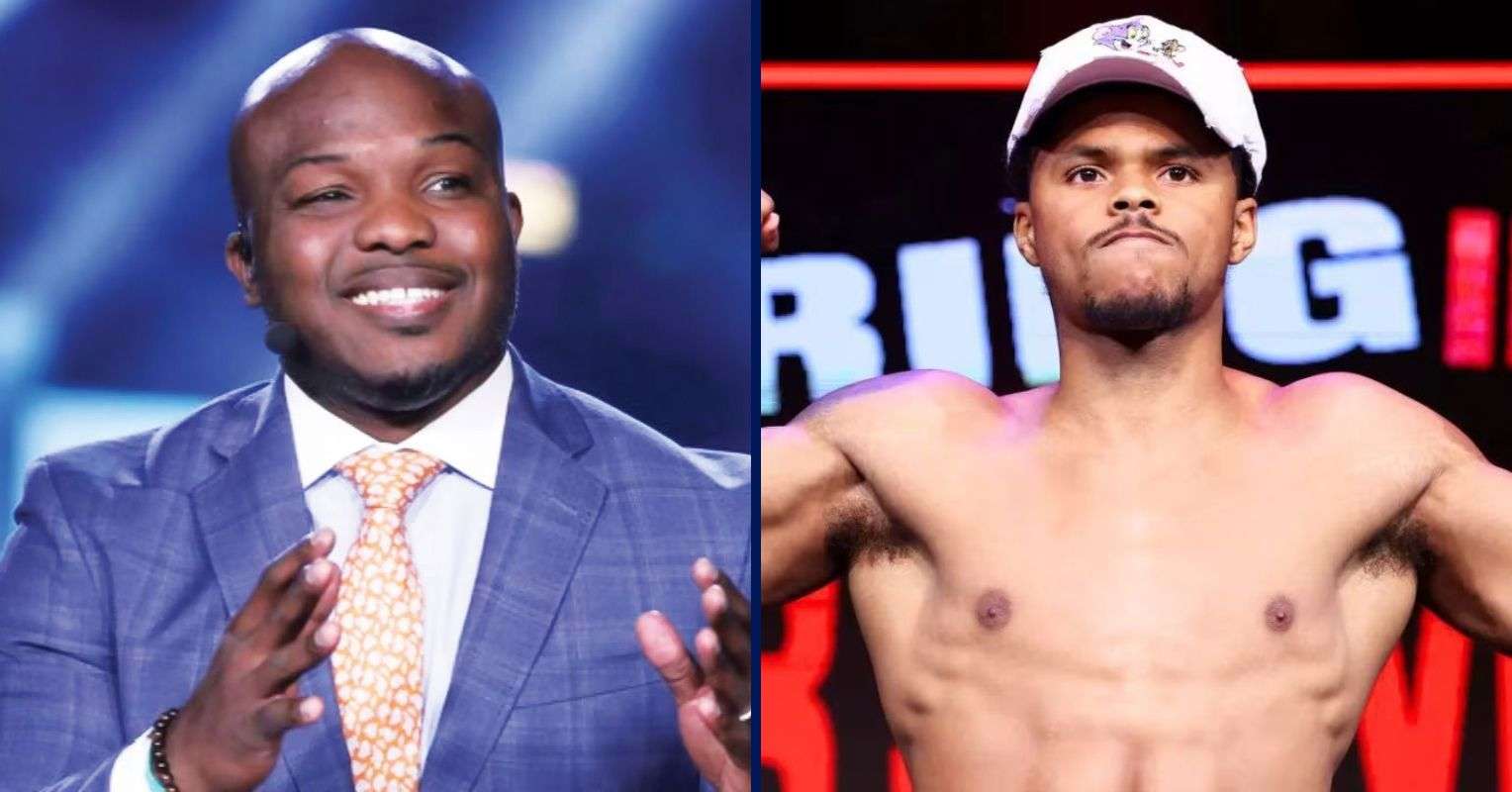I was once quoted on the Wikipedia page of Scott Quigg – a somewhat dubious honour perhaps – as observing, “That after watching over 50 live shows he had ’never seen a more complete prospect’ with less than 10 fights under his belt. The reference is still there – I checked this morning – and if I’m completely honest, after adding probably another 200 shows to the ledger, the bold assertion still rings true.
Quigg retired on Saturday night, shortly after his trainer Joe Gallagher had thrown in the towel during the 11th round of a punishing and one-sided defeat to Jono Carroll inside a Manchester Arena where the Bury warrior and former WBA super-bantamweight champion, had enjoyed some of his best victories. Quigg realised, probably before the rest of us, that the timing and judgement of distance was irrevocably lost, a casulty perhaps of many years of dedication and hard sparring.
Back in his early days, Quigg was a standout, getting rid of journeyman who hardly ever got stopped, and doing so with real skill and fluidity. Mentored by the legendary Brian Hughes MBE from 15, Quigg had morphed from a Thai boxer to an agile, defensively adept boxer-puncher. He would use exceptional footwork to create angles, then clinically switch between head and body to take his opponents out.
Once Hughes fell into ill health and after one camp working under Brian’s astute assistant Pat Barrett – a formidable fighter in his own right – Quigg joined Gallagher’s thriving set-up and became less measured and more ruthless. He also won British and world titles. Training alongside the likes of Anthony Crolla and Stephen Smith, sparring them too, undoubtedly brought him on, as did Gallagher’s tactical nous and uncanny ability to bring fighters into bouts at the very ’top’ of their weight.
With his numbing power and perennial strength advantages at 122lbs, Quigg bulldozed plenty of fringe world-level competition, including Stephane Jamoye and Kiko Martinez. World-class cute boxers – those who had started earlier and competed at a higher level as amateurs – always troubled him, however. Quigg could only draw with Cuban Yoandris Salinas in his first WBA title defence after being upgraded from Interim champ in 2013. Scott started his charge too late in that one, as he did against then-IBF king and great domestic rival Carl Frampton two-and-half years later. The Belfast man outboxed Quigg in a tedious first seven rounds before a thrilling finish proved insufficient to redress the balance. A pay-per-view headliner in the UK, it is the showdown for which Quigg will be most remembered.
In 2015, during the glory years, I visited Quigg at his family home for Boxing News, also taking in his old school, which he left aged 14 to dedicate himself to boxing, and Holcombe Hill, a local run route he favoured. I arrived in the early afternoon, at a time when Quigg would otherwise, having already endured one training session, be back in bed. Everything conversation we had quickly returned to boxing. Quigg was curteous enough and not at all cold, rather laser-focused and pleasingly self-aware.
Following the Frampton setback, the Brit rebuilt in California under Freddie Roach, becoming more combative and adding miles to the clock in the notoriously tough Wild card Gym. Quigg looked good at featherweight but came in well overweight for a WBO title shot at unbeaten Oscar Valdez in March 2018. The fight went ahead and was an engrossing affair, Quigg breaking the champion’s jaw but suffering a broken nose and unanimous decision defeat in a war wherein he could not capture the belt.
Serious injury and inactivity ensued before the reunion with Gallagher for one last crack. It seemed poignant that Joe – who genuinely cares for the boxers who place their trust in him – was the one to formally acknowledge the bitter truth. “I’m not getting beaten up or anything,” Scott insisted to Joe during one interval, perhaps attempting to convince them both and failing in the act. Quigg needed to last as long as he could without getting seriously hurt and Gallagher accepted that while always keeping safety paramount. It was both grim and inspiring.
As a journalist, it’s a strange feeling when a boxer retires whose entire professional career was conducted during your working life. It makes you feel old, sure, but also fortunate to have been a part of the journey, however peripheral.
Quigg will be rightly celebrated for giving absolutely all he had to boxing, invariably sacrificing, as he alluded to on Saturday, romantic relationships and any form of normal life. A symptom of this historic lack of socialising is Quigg’s stutter, often lazily and cruelly miscast as an indicator of stupidity by his detractors. Quigg is shrewd enough and certainly no fool.
As the hard reality hits home this Monday morning, I imagine Quigg will still believe it was all worth it, because he got to live his dream. And, given he is only 31, Scott can now do all the things he has until now missed out on. He deserves at least that much after a 35-3-2 (26) career in which he always gave 100%.
Thanks for the memories, mate.




